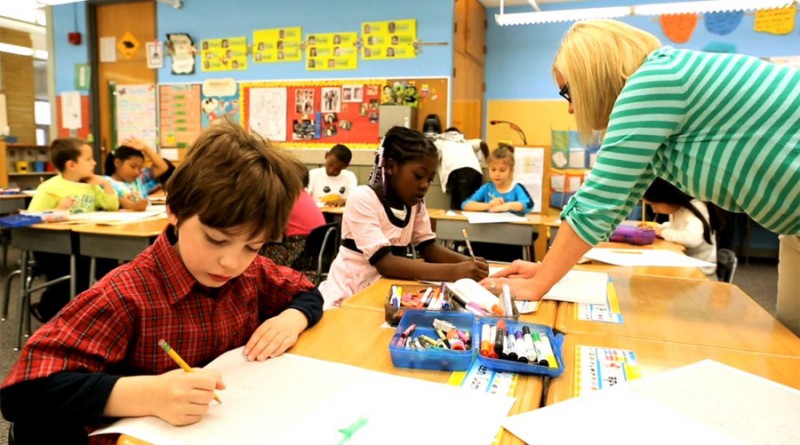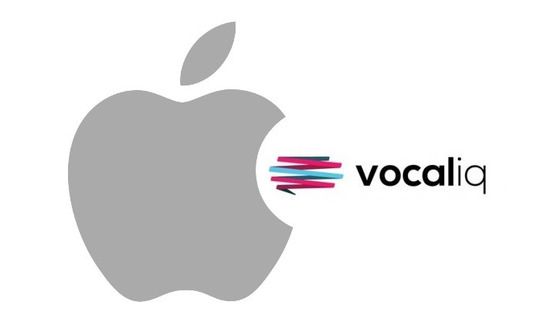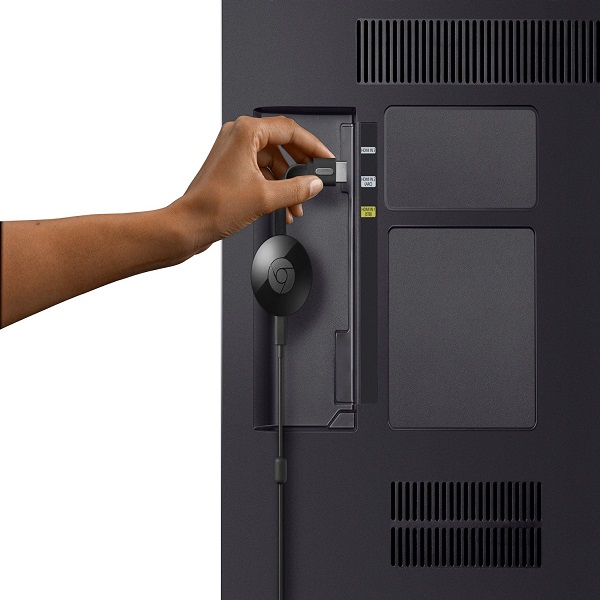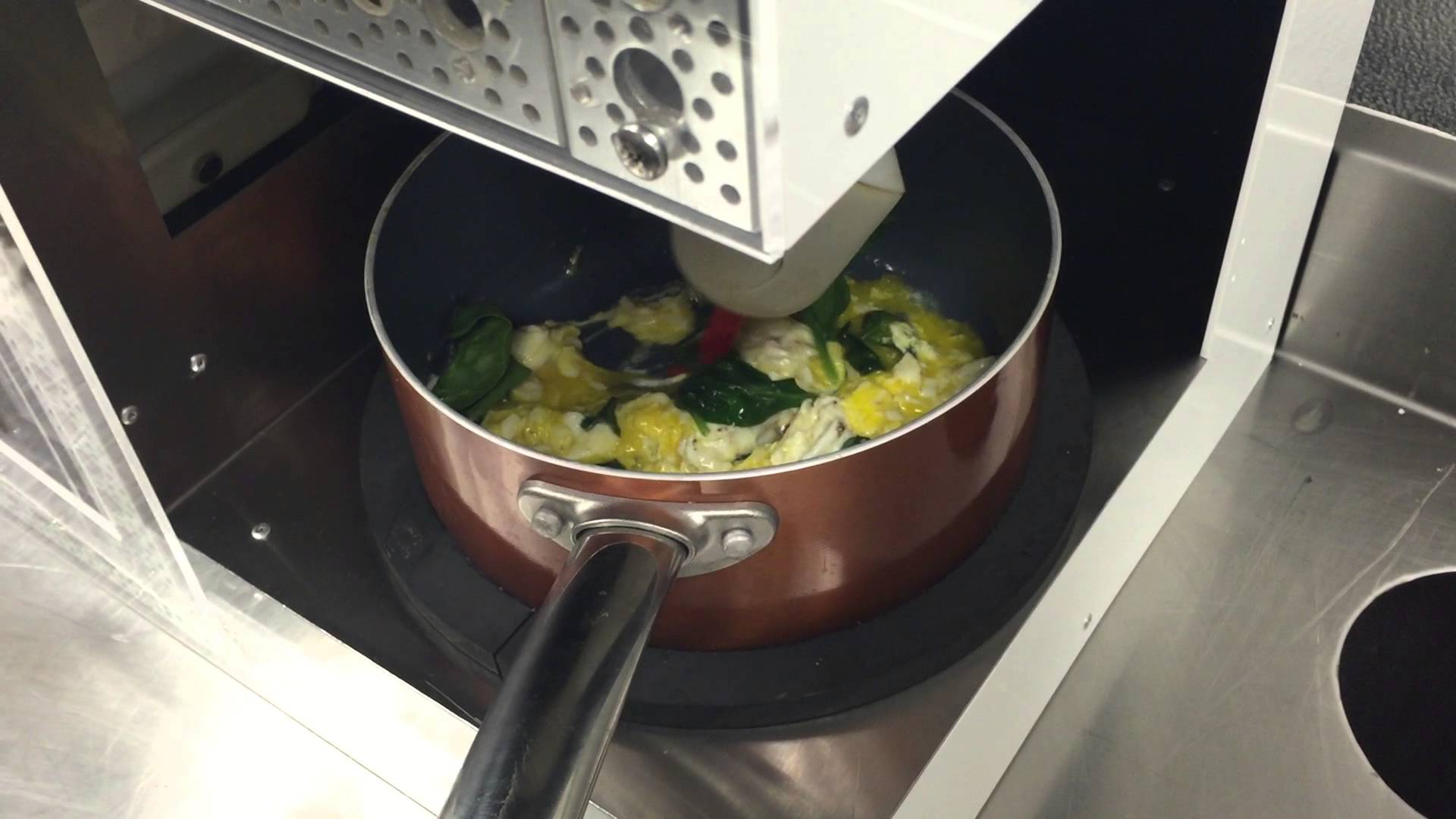There has always been a ongoing debate about how a child is to be tested as grades of these test is what decides the future of an individual. While there is no real test or exam that could actually determine the capability of a individual , in an attempt to improve the thinking capability of a child and how he solves a problem a new algorithm has been developed by researchers at Stanford University and Google in California that analyses students’ performance on past practice problems, identifies where they tend to go wrong and forms a picture of their overall knowledge.
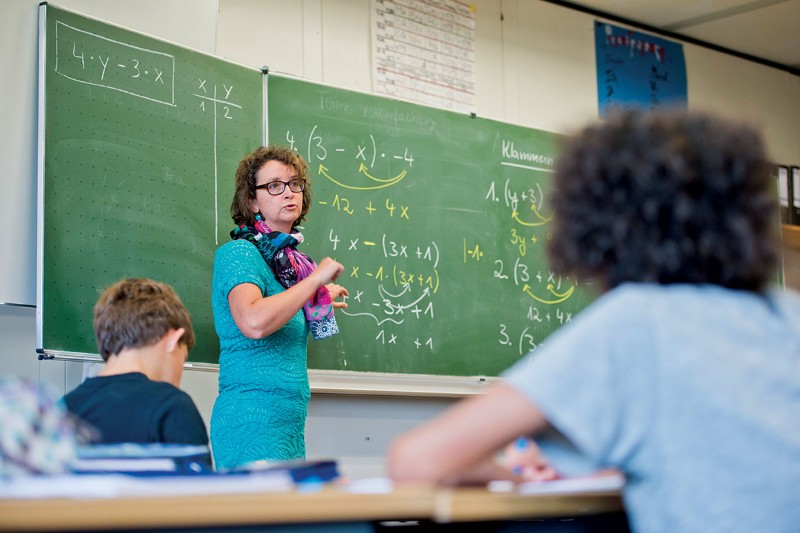
HOW do you show that you know what you know? Often, you have no choice but to take a test.
Chris Piech at Stanford and his team fed the system with more than 1.4 million student answers to maths problems set on the online learning platform Khan Academy, and the corresponding scores. They also trained a neural network to sort questions by type: like, square roots, the slope of graphs, or calculating where a line meets the horizontal axis on a graph and many more. With all these information, the system begins to learn each student’s capabilities on each question type.
According to the result presented by Piech at the Neural Information Processing Systems conference in Montreal, Canada, last month, this model could predict with up to 85 per cent accuracy whether a student would get a new exercise right or wrong, by just looking at a few other questions they have already answered. Piech presented the results .
Piech visions a even more sophisticated version that not only could predicts which questions a student is likely to get wrong, but also help understand why.
“If we could all afford a really expensive tutor who could spend time thinking about what you should learn. Our intuition tells us if you pay enough attention to what a student did as they were learning, you wouldn’t need to have them sit down and do a test.”
Well that’s not realistic, but educational institutes could one day just use this type of software to pinpoint where someone is struggling and help them improve. Eventually, the system could become accurate enough to do away with exams altogether. The dream…..
Tamara Sumner of the University of Colorado, Boulder confirms that the algorithm is a significant advance in the state of the art and what particularly impressive is that this approach does not require any significant human input to annotate training data or hand-craft models of expertise.
Neil Heffernan, a computer scientist at Worcester Polytechnic Institute in Massachusetts, agrees upon the importance to develop better ways to predict students performance. But he wonders whether the new system is of any practical value: can it, for example, tell us how to better teach students of different backgrounds or skill levels? “What does that mean, to be able to do a much better job at predicting stuff?” he asks and added “I wish we could turn that into something that’s meaningful.”
We here at engineer pal wish them all the luck on this endeavor and hope to see this algorithm make a major change in the way the kids are taught, improvement in educational system and we might end up getting to know our-self and the field we are good at.



